President Donald Trump signs an executive order in the Oval Office of the White House on March 31, with American singer and rapper Kid Rock standing next to him - Photo: AFP
For weeks, US President Donald Trump has called April 2 "Liberation Day" for the United States. That is the day when the White House owner plans to impose a series of tariffs on countries to realize his ambitious economic program.
Washington's calculations
According to the plan, at 4:00 p.m. on April 2, US time (3:00 a.m. on April 3, Vietnam time), Mr. Trump announced the so-called "reciprocal tariffs" on large-scale countries. "The word 'reciprocal' is very important. What they do to us, we do to them," Mr. Trump emphasized to the press recently.
White House press secretary Karoline Leavitt confirmed the timeline at a press briefing on April 1. She said President Trump had been meeting with his trade team to finalize key elements of a strategy to end “decades of unfair trade.”
From one perspective, “Liberation Day” is a logical continuation of the goal that Mr. Trump announced in his inaugural address, according to the New York Times.
"Instead of taxing our citizens to enrich other countries, we will tax foreign countries to enrich our citizens," Mr. Trump once said.
That shows that Mr. Trump does not intend to use taxes as a negotiating tool, but instead, they are expected to become a long-term source of revenue for the US.
"They will help reduce the deficit and balance the budget," said US Commerce Secretary Howard Lutnick. "Let those who rely on our economy pay and we will pay less."
But on a less optimistic note, imposing such tariffs could destroy three pillars of the alliance: transatlantic, transpacific and with Canada. Defense ties, trade interdependence and the bonds built up over decades in these regions are deeply intertwined.
Asked whether the administration was concerned that the tariffs were the wrong move, Leavitt sounded confident: "They're not wrong. This policy will work."
The Trump administration has weighed various tariff strategies in recent weeks. One option being considered by the White House is a flat 20% tariff on all imports — a proposal that advisers say could raise more than $6 trillion.
Trump’s advisers have also discussed the option of applying different tariffs depending on the trade barriers each country places on US goods, and they have said some countries could avoid the tariffs altogether if they reach a trade deal with the US.
The White House press secretary revealed that many foreign governments have called President Trump and his team to discuss taxes, but Mr. Trump only focuses on the interests of the United States.
The prospect of tariffs has unsettled markets in recent days, and investors want a clear picture of Mr Trump's reciprocal tax policy.
Source: New York Times - Data: THANH BINH - Graphics: TUAN ANH
More harm than good?
President Trump is seeking to reshape the global economic order with tariffs on goods imported from Canada, Mexico, China and other countries, arguing that the measures will boost manufacturing in the United States and generate revenue.
But Mr Trump’s strategy is upending decades of free trade agreements with America’s closest allies. The policy has sparked retaliation from major trading partners, roiled markets and fractured diplomatic relations.
Canada has vowed to defend its workers, businesses and economy against new tariffs and threats from President Trump, with Canadian Prime Minister Mark Carney recently stating that the US is “no longer a reliable partner”.
On April 1, European Commission President Ursula von der Leyen stressed that the European Union "is not the one who started this confrontation, but if necessary, we now have a strong retaliation plan."
Meanwhile, China imposed retaliatory tariffs in March on a variety of US goods and warned it would respond if the Trump administration continued to impose reciprocal tariffs on the country of a billion people.
China, Japan and South Korea have also agreed to jointly respond to US tariffs, Chinese media reported, after the three countries held their first economic dialogue in five years.
Trade experts point out that tariffs cannot achieve all of Mr. Trump’s stated goals at once. In fact, many of them are contradictory.
For example, if Mr Trump’s tariffs push businesses to produce more in the US, American consumers will buy fewer imported goods. But the result will be less tax revenue for the US government, contrary to initial expectations.
Trade policy experts point out that American consumers will likely bear the cost of the new tariffs, just as they did during Mr. Trump’s first term.
Retailers often raise product prices, while manufacturers using imported materials face higher costs.
Businesses assess that tax reduction response measures are expected to help exports avoid being subject to reciprocal taxes - Photo: P.THANH
Risk of recession increases
According to Goldman Sachs (USA), the US economy is facing an increasing risk of recession as high taxes threaten to curb growth, spark a resurgence in inflation and push unemployment rates up.
Goldman Sachs has just assessed the risk of a US recession in the next 12 months at 35%, up from its previous forecast of 20%.
Vietnam has the ability to "weather the storm" of tariffs
Sharing with Tuoi Tre, Mr. Adam Corrall, managing partner of trade and investment in Asia at the consulting firm Australasian Premium Partners, commented that Vietnam will have enough capacity to "overcome the storm" of tariffs if any.
According to Mr. Corrall, it is still unclear what the consequences of the tariffs or the next tariff scenario will be, but Vietnam has a diversification strategy that few other economies have.
With 17 signed free trade agreements (FTAs) and 2 in the pipeline, and comprehensive strategic partnerships with 12 countries, Mr. Corrall said Vietnam has "space to diversify trade and adapt to international supply chains."
Emphasizing that the decision on tariffs lies with the White House, they are the one who decides which countries to impose tariffs on and for what reason, but Vietnam has made preparations, as it is the best country in ASEAN in terms of openness in foreign affairs, cooperation, trade expansion and good response to bilateral and multilateral partners.
"Vietnam always wants to cooperate with all parties. Your country has many opportunities to make choices, but Vietnam remains steadfast in its orientation of open cooperation, not taking sides. I think Vietnam has done this very well," Mr. Corrall emphasized.
The expert also expressed his belief in Vietnam's ability to survive and develop in the face of global economic fluctuations: "I believe Vietnam will overcome all storms, because your country has strong economic and social capabilities. Vietnam will know how to adapt to seize new opportunities when the global supply chain is forced to adjust to adapt to US tax policies."
Read moreBack to Topic Page
Back to topic
THANH BINH - NGHI VU
Source: https://tuoitre.vn/ngay-giai-phong-o-my-da-den-20250402223037734.htm


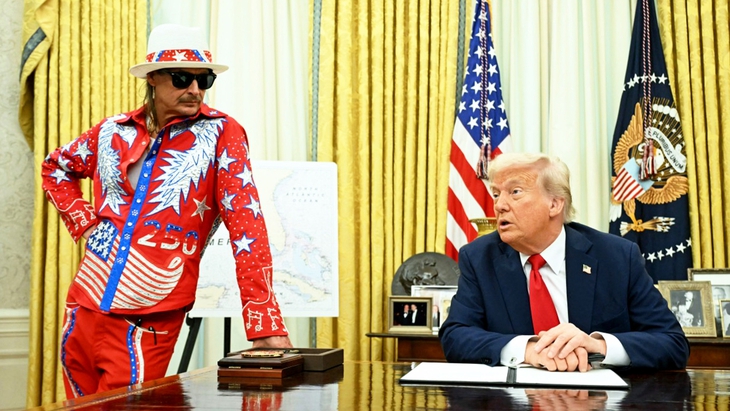
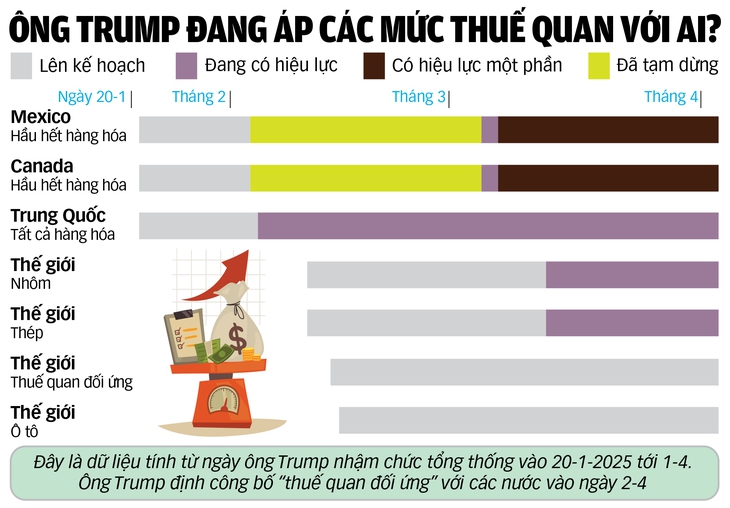
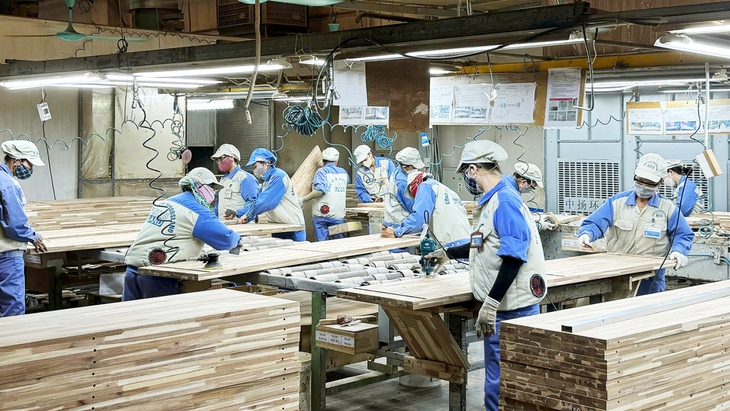
![[Photo] Capital's youth enthusiastically practice firefighting and water rescue skills](https://vstatic.vietnam.vn/vietnam/resource/IMAGE/2025/4/3/3f8481675271488abc7b9422a9357ada)
![[Photo] Prime Minister Pham Minh Chinh chairs meeting after US announces reciprocal tariffs](https://vstatic.vietnam.vn/vietnam/resource/IMAGE/2025/4/3/ee90a2786c0a45d7868de039cef4a712)
![[Photo] A brief moment of rest for the rescue force of the Vietnam People's Army](https://vstatic.vietnam.vn/vietnam/resource/IMAGE/2025/4/3/a2c91fa05dc04293a4b64cfd27ed4dbe)
![[Photo] Prime Minister Pham Minh Chinh chairs the first meeting of the Steering Committee on Regional and International Financial Centers](https://vstatic.vietnam.vn/vietnam/resource/IMAGE/2025/4/3/47dc687989d4479d95a1dce4466edd32)
![[Photo] Ho Chi Minh City speeds up sidewalk repair work before April 30 holiday](https://vstatic.vietnam.vn/vietnam/resource/IMAGE/2025/4/3/17f78833a36f4ba5a9bae215703da710)
![[Photo] General Secretary To Lam receives Japanese Ambassador to Vietnam Ito Naoki](https://vstatic.vietnam.vn/vietnam/resource/IMAGE/2025/4/3/3a5d233bc09d4928ac9bfed97674be98)



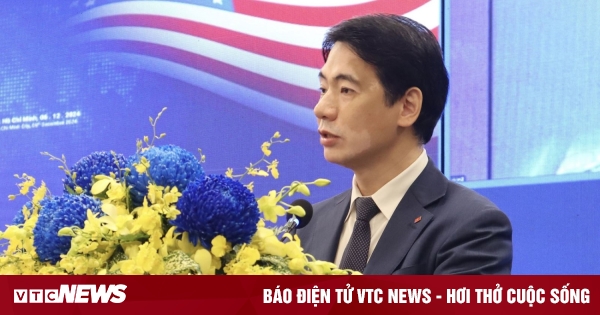

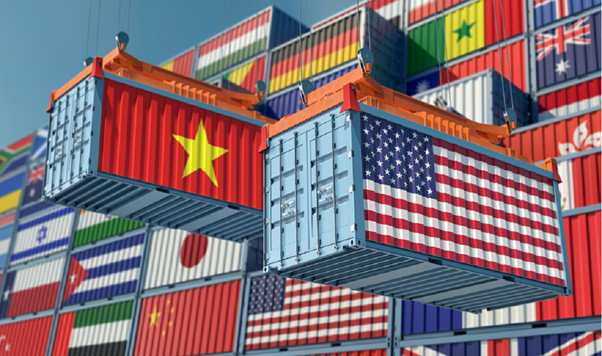






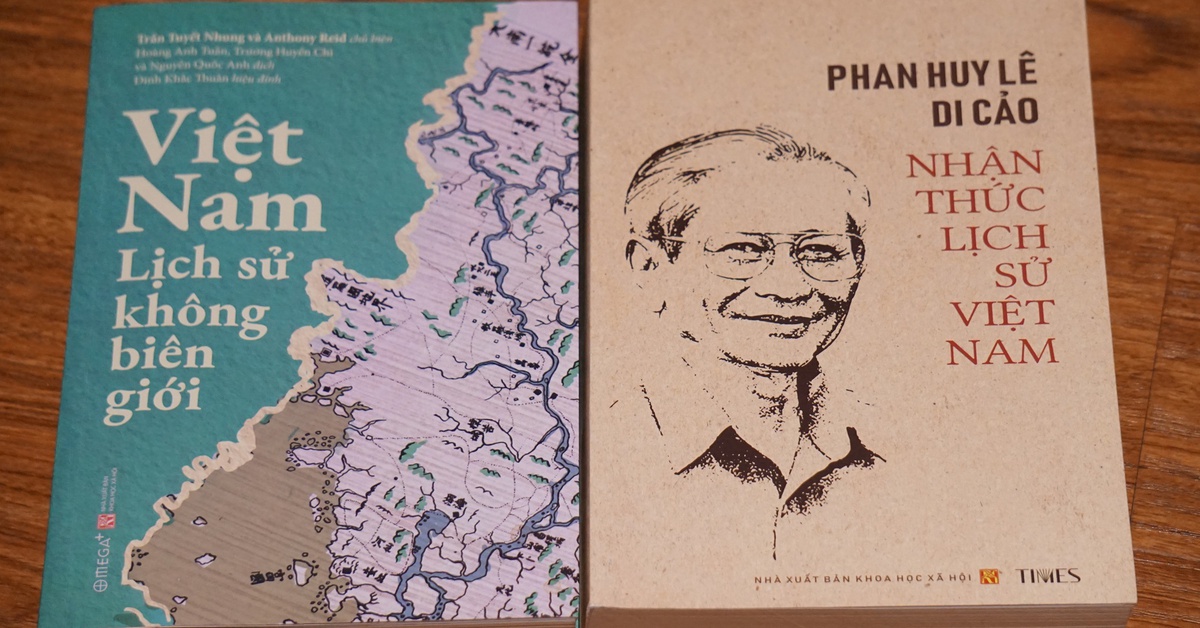















































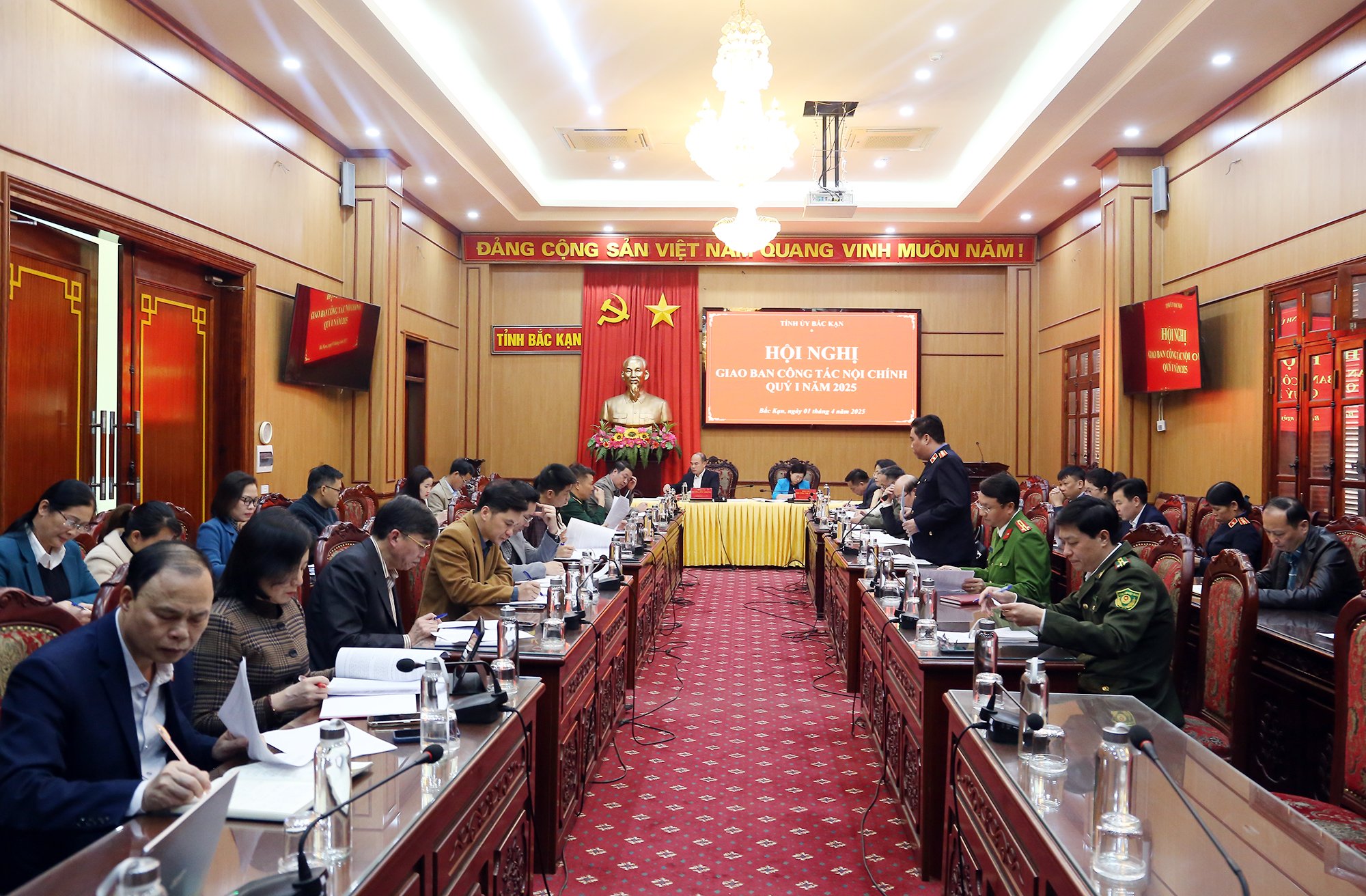

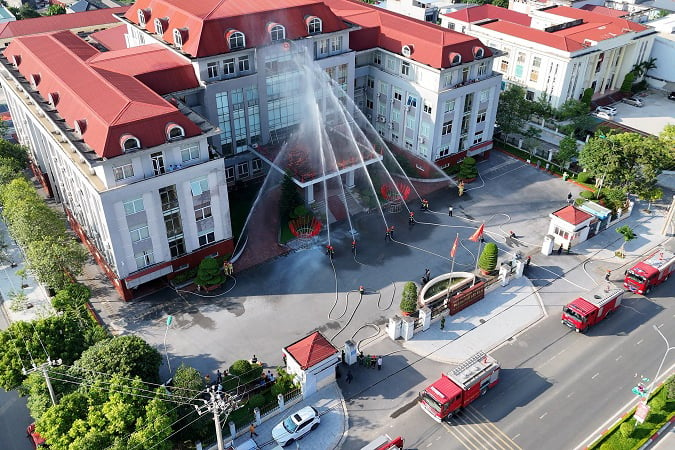
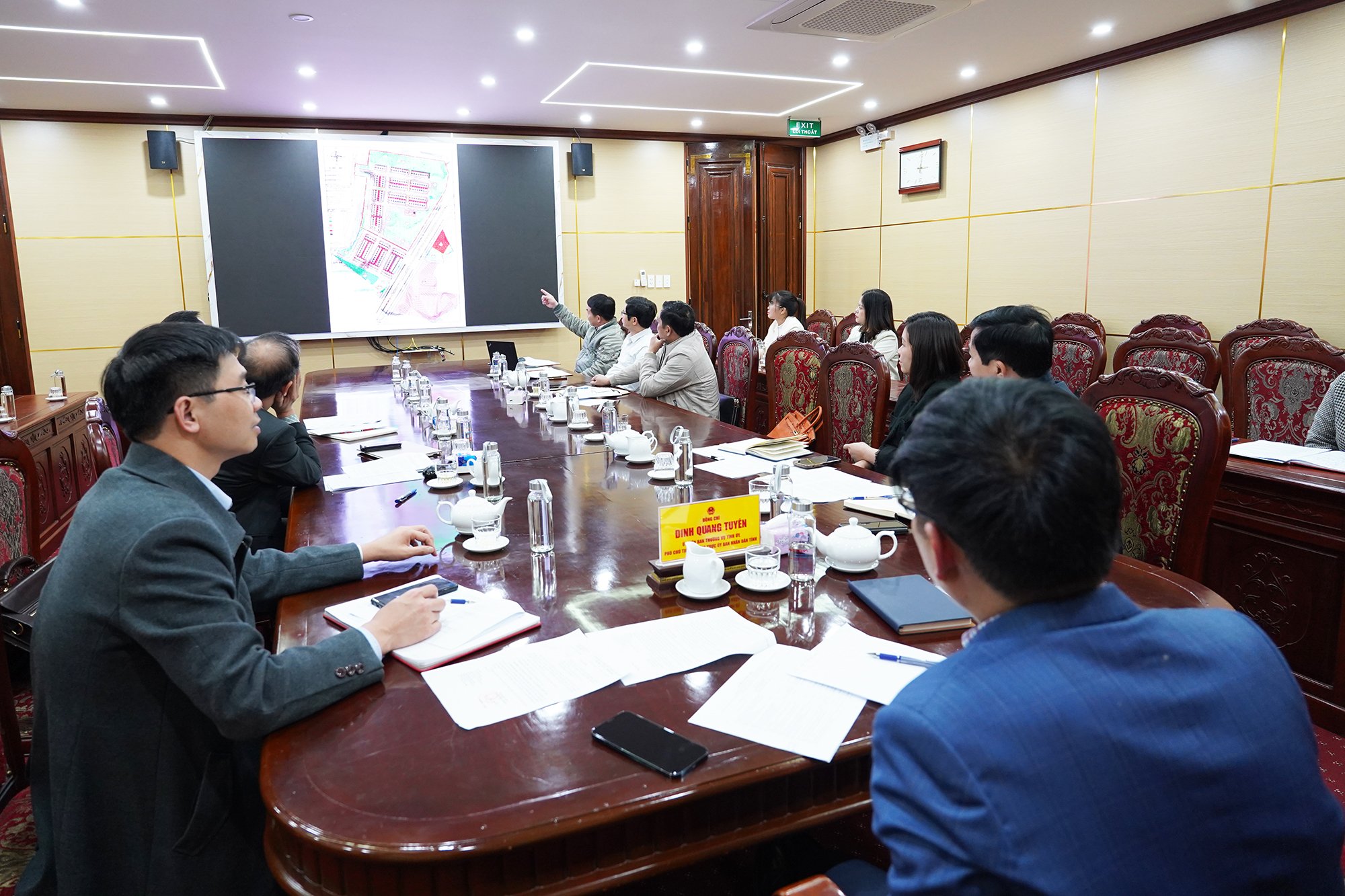













Comment (0)